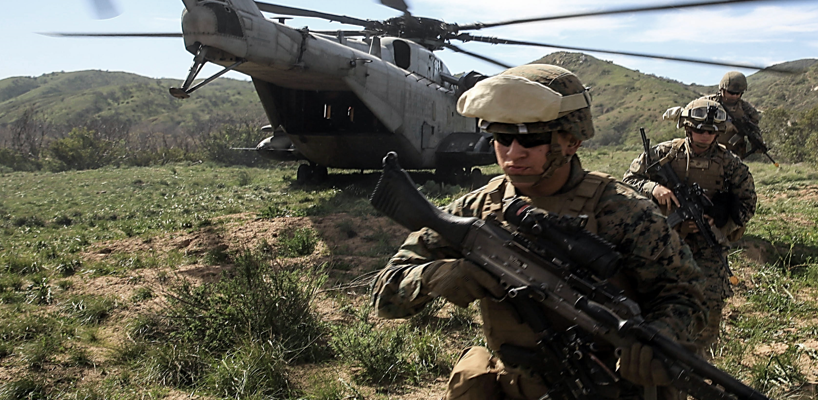IN TODAY’S OPEN-SOURCE HEADLINES . . .
Lately, the general consensus is that ISIS (as we know it) is at least contracting, and certainly struggling (generally unsuccessfully) to preserve what’s left of the caliphate in Iraq. Ramadi’s stabilizing, people look to begin returning to Fallujah, and Gen. Votel zeroes in on Mosul and looks for more troops. But as strategists begin thinking about what’s next, with an enemy like ISIS, conventional, 2oth century Phase IV planning may not mean too much.
What’s Ahead
There are no crystal balls, but the general consensus is bleak. The simplest of a host of difficult problems—that is, Iraq after ISIS—is troubling enough, but at least it’s something of a do-over. International Policy Digest’s Anhvinh Doanvo writes, “Since ISIS’s losses of 45% of its Iraqi territory over the past two years, we may be approaching the end of the war on ISIS.” Defense One contributor Ned Parker reports, “There is no consensus about what the state should look like. Sunnis are in disarray, their population ruined and displaced by war, their political leadership seen as discredited. The Shia elite are fighting each other to control the state.”
Beyond Iraq, predictions are not much better. Nice, France, and a run of terror-related attacks in France before last night that started with Charlie Hebdo, bears them out. The Sydney Morning Herald reports, “Even as it launches waves of terrorist attacks around the globe, the Islamic State is quietly preparing its followers for the eventual collapse of the caliphate it proclaimed with great fanfare two years ago. . . . terrorist acts are likely to continue and even intensify, at least initially, analysts say, as the group evolves from a quasi-state . . . to a shadowy and diffuse network with branches and cells on at least three continents.”
ISIS will not go gently. Voice of America’s Jeff Seldin reports, “Top U.S. counterterror and law enforcement officials are offering grim warnings about what awaits once the Islamic State terror group’s self-declared caliphate ultimately collapses. . . . ‘We all know there will be a terrorist diaspora out of the caliphate,’ FBI Director James Comey told the House Homeland Security Committee on Thursday.”
Rethinking Conflict
In short, things are going to get worse, perhaps much worse, before they get better. Conflict extends to completely new dimensions—space, cyberspace—and there really are no bounds left. It’s going to take some truly innovative thinking about 21st century warfare and its aftermath in the decades ahead to figure it out.




